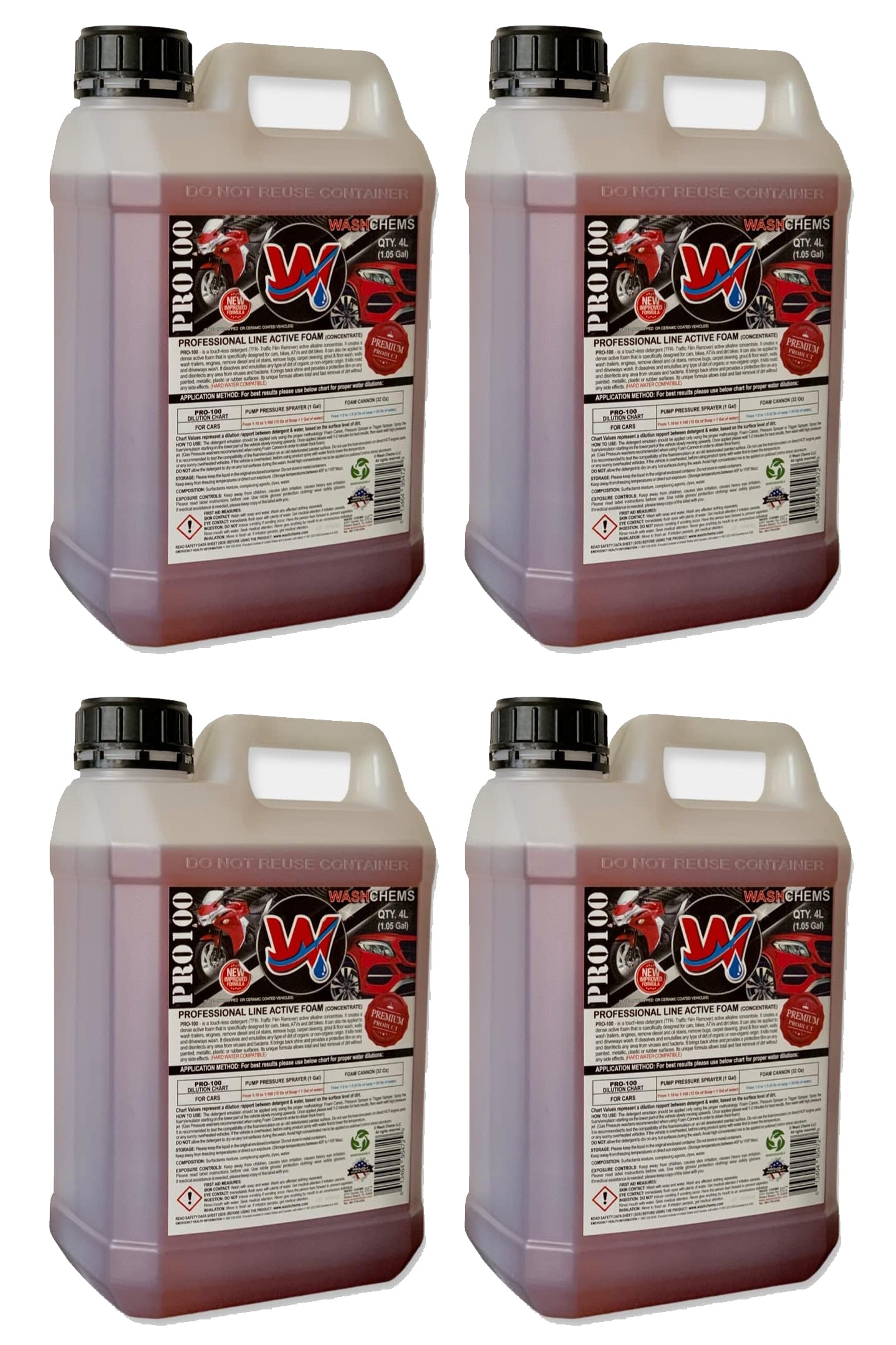Car wax is a popular product used by car enthusiasts and professionals alike to enhance the appearance and protect the paintwork of vehicles. But have you ever wondered what chemicals are in car wax and how they work their magic? In this article, we will delve into the world of automotive chemistry and explore the key ingredients that make car wax so effective.
- Carnauba Wax:
One of the most common ingredients found in car wax is carnauba wax. Derived from the leaves of the carnauba palm tree, this natural wax is known for its high melting point and excellent water-repellent properties. Carnauba wax provides a durable protective layer on the car's surface, shielding it from environmental contaminants and UV radiation. - Synthetic Polymers:
In addition to carnauba wax, many car waxes also contain synthetic polymers such as polyethylene or polytetrafluoroethylene (PTFE). These polymers form a thin film on the car's surface, creating a barrier that helps repel water, dirt, and other pollutants. Synthetic polymers offer enhanced durability and longevity compared to natural waxes, ensuring long-lasting protection for your vehicle. - Silicones:
Silicones are another group of chemicals commonly found in car wax formulations. These compounds provide a glossy finish and contribute to the smoothness of the wax when applied to the car's surface. Silicones also help to fill in minor imperfections, such as fine scratches or swirl marks, giving the paintwork a more uniform and reflective appearance. - Solvents:
Car waxes often contain solvents, such as mineral spirits or naphtha, which help dissolve and distribute the wax evenly during application. Solvents also aid in the removal of any excess wax, ensuring a clean and streak-free finish. It is important to note that some solvents may have a strong odor or require proper ventilation during use. - Additives:
To further enhance the performance of car wax, manufacturers may incorporate various additives into their formulations. These additives can include UV absorbers, which help protect the paint from fading or discoloration caused by prolonged sun exposure. Other additives may improve the wax's resistance to high temperatures, enhance water beading properties, or provide anti-static properties to reduce dust accumulation.
Conclusion:
Car wax is a carefully formulated product that combines a range of chemicals to provide protection, shine, and longevity to your vehicle's paintwork. From natural carnauba wax to synthetic polymers, silicones, solvents, and additives, each ingredient plays a crucial role in achieving that coveted automotive shine. So, the next time you apply car wax to your vehicle, remember the chemistry behind it and appreciate the science that keeps your car looking its best.



